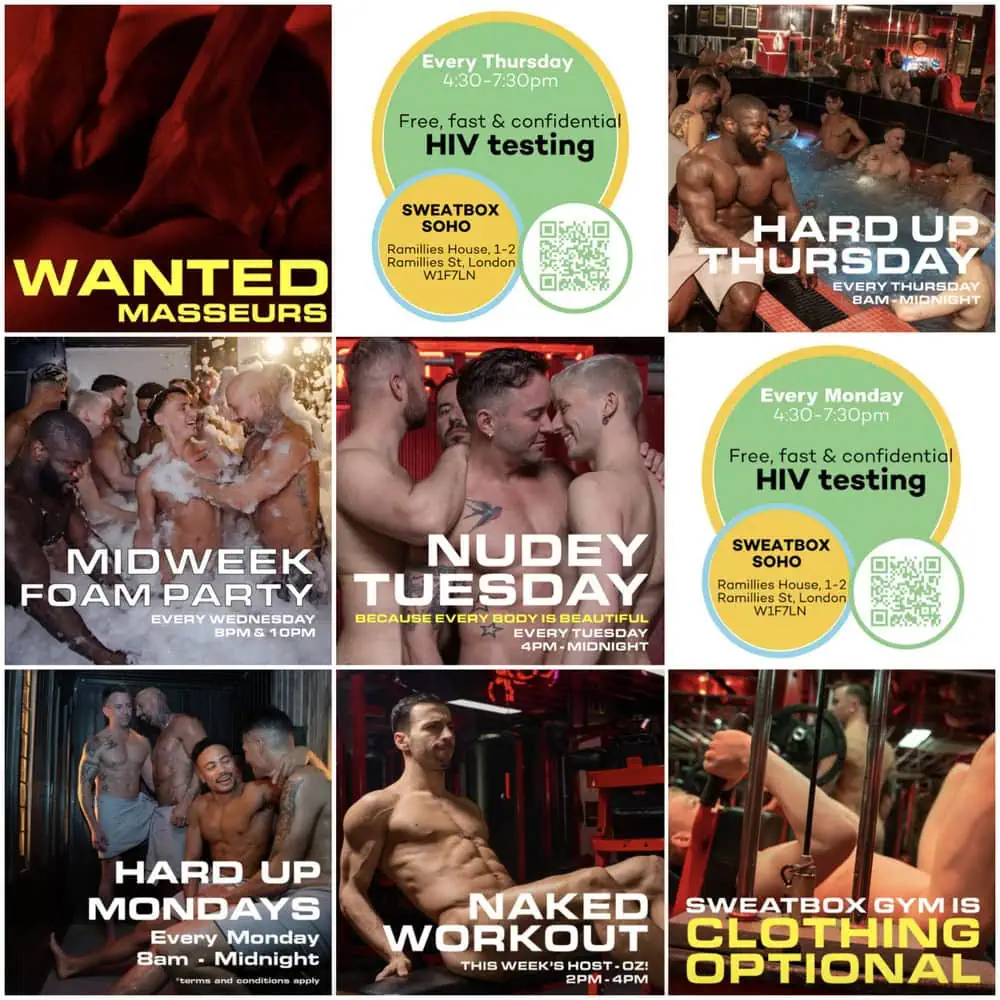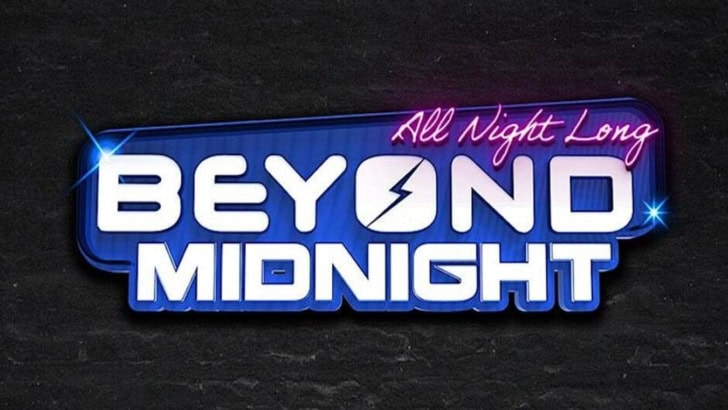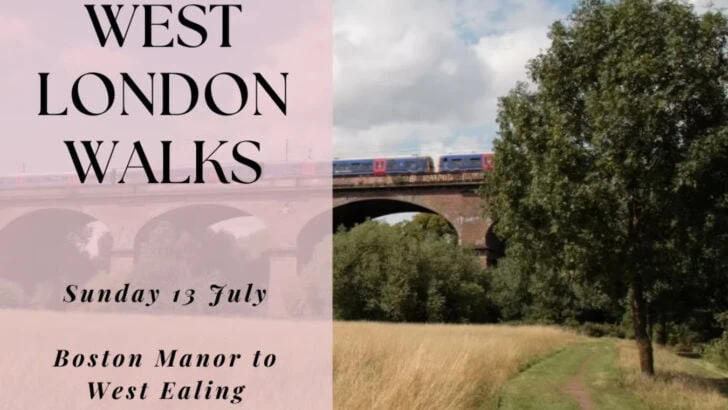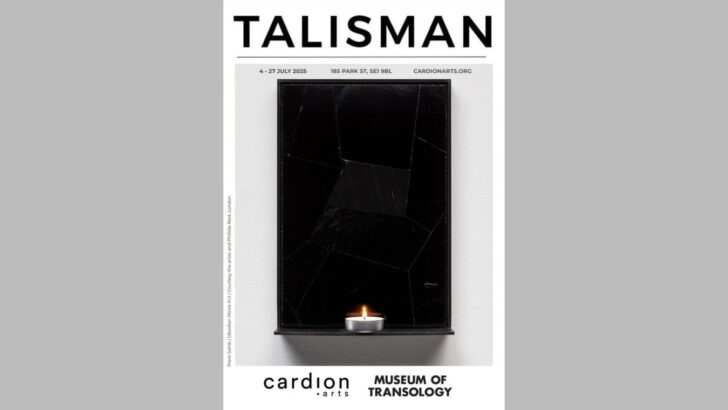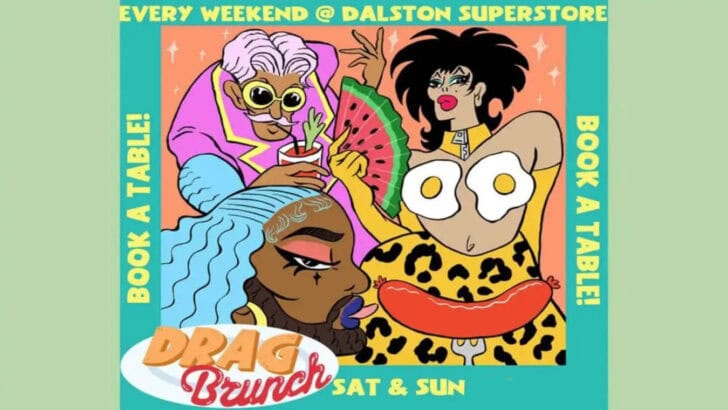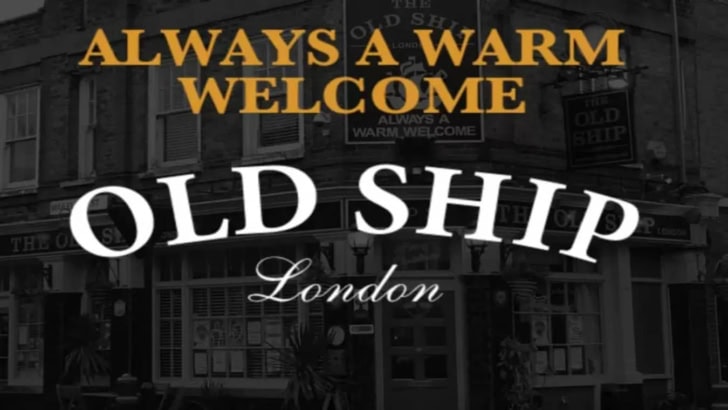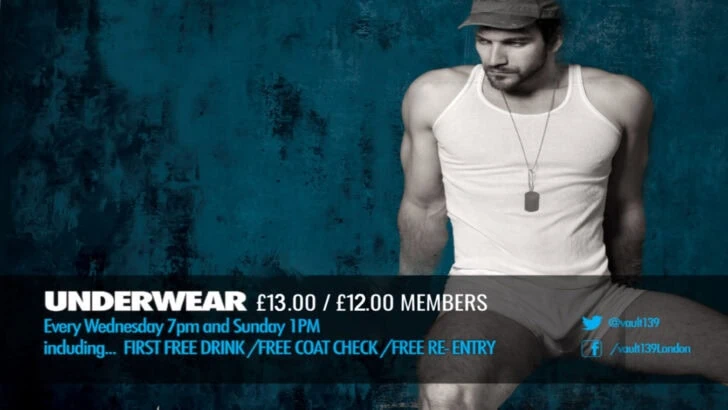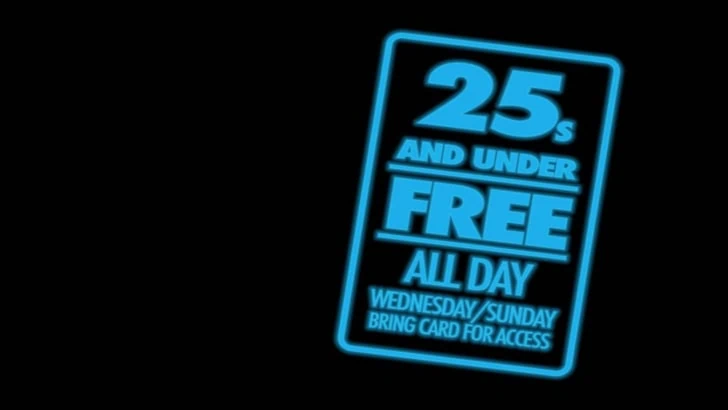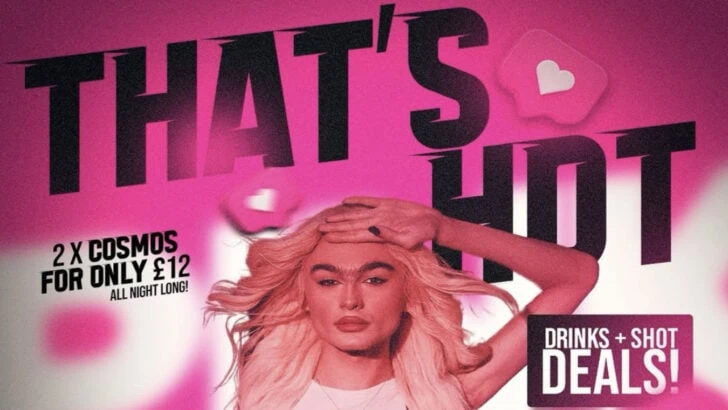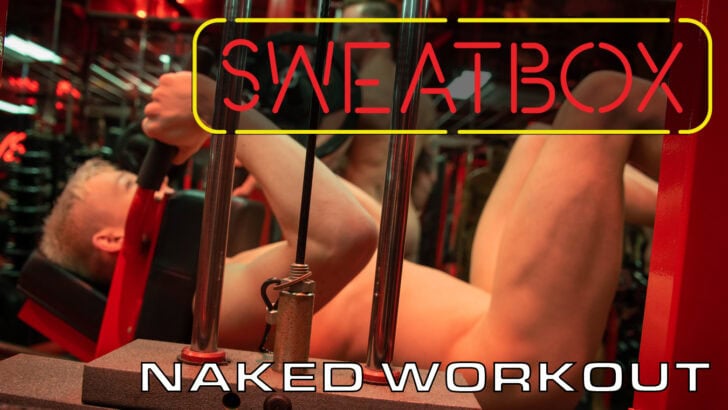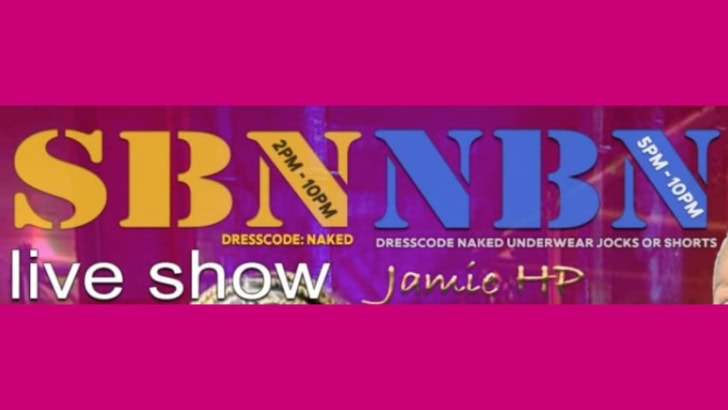Cliff Joannou on why he wore the wedding dress but might not be getting married…
So, we can all go and get married now! I’m so happy. I’m over the moon. I can’t wait to finally pick out that wedding dress and send out those invites and go to Harvey Nicholls and post a gift list online. Not.
You see, I’ve already worn that wedding dress. Several times.
Once upon a time, in a land far, far away (South London in the early Noughties) I had a bit of reputation of turning up at fancy dress events in that wedding dress. The first time was at White Party at The Fridge (now the Electric Brixton) where I descended out of the DJ booth into a sea of muscle boys in the flowing white gown I bought earlier that afternoon from the local Oxfam charity shop. (£25 reduced from £35 because the Sales Assistant found it rather amusing watching me try it on, and because she figured I’d only wear it once… more fool her.)
The second time it made an appearance was at Pushca’s New Year’s Eve party. It then came back from the dead for Halloween at Heaven followed immediately by a run around Trade at Turnmills.
There it was, once more, at my 30th birthday where I gave a surprise ‘performance’ to Shirley Bassey’s ‘This Is My Life’ as Whatever Happened to Baby Jane was screened in the background in front of a gathered crowd of friends and family, including my Greek Cypriot mother. (Her reaction: “But where is the groom?”)
Oh, and there was the wedding dress again at Horse Meat Disco’s Vogue Ball.
That frock was £25 well spent, trust me. And let me tell you something, wedding dresses can survive a spin the washing machine at 40 degrees.
What people didn’t realise was that while I was making a total tit of myself at all these occasions in a cheap as chips wedding dress is that this was not just my seeking attention. It was actually a small, somewhat almost imperceptible, political statement on my behalf. You see I grew up in a Greek Orthodox family with some thirteen uncles and aunties, all of which had on average three or four children that by freak of nature were mostly female. That’s more family weddings one should ever have to attend in one lifetime, and a lot of wedding dresses that I watched walk down an aisle. At every occasion an aunt would ask me, “So, when are you going to get married?”
As a repressed teenage boy from Croydon does, I locked the comments away in the back of my huge closet of a mind.
In truth, the answer at the time was, of course: “Well, never. Because your religion thinks I am dirt, while the law doesn’t recognise my relationships as having the validity to be on par with yours.” Donning that wedding dress, in a gay club, on stage, at all times inebriated, was a big ‘Fuck You’ to a culture that dictated that there was just one purpose in life: to meet a woman and get married.
I grew up in a society when gay relationships were second to heterosexual ones, so subconsciously I never took the concept of ‘marriage’ very seriously. And I am certainly not alone. I’m sure that many others who grew up in frequently homophobic cultures, be they religious or not, from Muslim to Irish, via the Black community or Greek, have experienced the same emotions of a love that is judged of lesser value.
I have no doubt that a considerable portion of the negative identity and confidence issues that sometimes blight the LGBT community today, from alcohol and drug abuse, to self-worth and suicide, have their roots in growing up in a society that doesn’t understand gay relationships and shames our sexual desires.
But what equal marriage has done is state, in the eyes of the law, homosexual love is now equal to heterosexual love. Already the Archbishop of Canterbury has signalled that the Church’s resistance to same sex marriage is over. Even the Pope commented about gay lifestyles, “Who am I to judge?”
The fact is that the decree of law does change minds. It’s just a shame that it takes a legal battle to show religious people the validity of love.
But what does gay marriage really mean for our community?
What it should remind us is that equality should not mean assimilation. Simply because we can do something, it doesn’t mean that we should. I would like to think that we as a gay community can continue to forge our own unique identity. Let us not simply take on the shackles that have defined heterosexual relationships, sometimes to their detriment, sometimes not, for hundreds of years.
I hope we don’t start becoming embarrassed of expressing ourselves as sexual beings. And I hope that we don’t start apologising for why LGBT people often embrace sexuality in different ways. I think we have something to teach the wider community about breaking down repressive attitudes to love and sexuality, even as we sign into law for gay people a form of mainstream tradition that dictates many heterosexual lives.
I also hope that we don’t start to pressure ourselves that we can only be happy as a gay or lesbian or bisexual or transgender person if we are settled down with somebody ‘nice’, married and start adopting children. We did not fight for gay marriage so we can all aspire to gay marriage. We fought for it to make us equal. To give us choice, where there was once no choice.
One of the wonders of the LGBT community is that for thousands of years we have redefined the boundaries of independence, sexuality, gender, identity and love. Let’s not lose sight of that. Create your own life, because now – legally at least – there is nothing stopping you.
